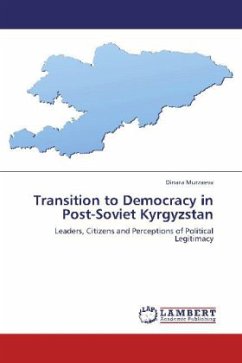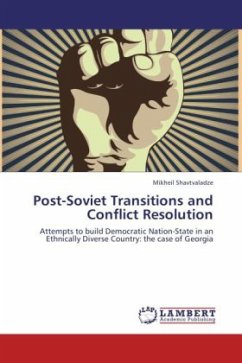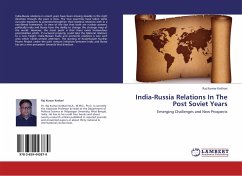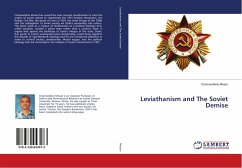Kyrgyzstan embarked on a reformist democratic course at various times during the post-Soviet period. Free and fair elections are seen as major pre-conditions of a legitimate rule. Neither Askar Akaev (1991-2005) nor Kurmanbek Bakiev (2005-2010) could realize this type of rule. Kyrgyzstan so far has been the first and only country in Central Asia to realize two leadership changes by popular uprisings. This book analyzes two presidencies by looking at the referendums as well as the parliamentary and presidential elections, with specific emphasis on the legitimacy of two ex-leaders as perceived by the Kyrgyz people. Based on the field research conducted in Kyrgyzstan, the book aims to shed some light on how the Kyrgyz people perceive issues of democracy, democratic transition, political leadership and political legitimacy. The book focuses on how and why even the minimal requirements of democracy such as elections and referendums have been used in order to increase executive power, despite the rhetoric of democratization promoted by the political leaders. The analysis should be useful to scholars and analysts on Kyrgyzstan s transition process and issues of political legitimacy.
Bitte wählen Sie Ihr Anliegen aus.
Rechnungen
Retourenschein anfordern
Bestellstatus
Storno








